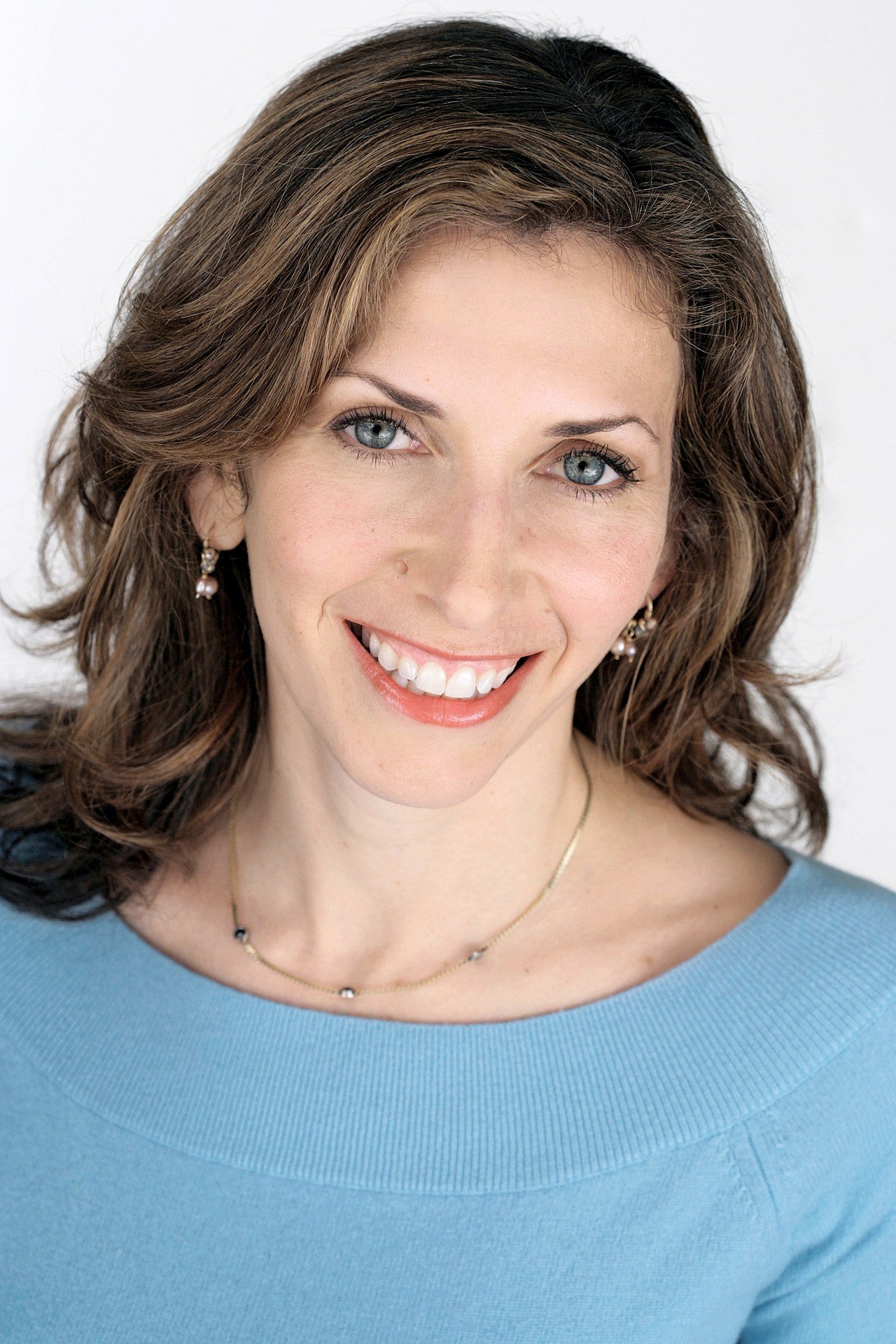Betsy Krebs ’87: Teaching kids to advocate for themselves
It’s Tuesday afternoon in a Pound Hall classroom. The Socratic method is in use, and the class is engaged. But the professor is a Harvard Law student and he is teaching 13 teenagers—all involved in the juvenile justice system.
Michael Addis ’10 is leading a seminar developed by former family court lawyer Betsy Krebs ’87—executive director of the Youth Advocacy Center in New York City—to help kids at risk advocate for their own futures.
Krebs and Paul Pitcoff developed the curriculum in 1992, based on their belief in the enormous unmet potential of the young people they encountered. Today they are joined by Ann Shalof ’92, now their organization’s program director.
The seminar, called “Getting Beyond the System,” focuses on setting goals and developing skills to achieve them. But rather than lecturing on how to get a job, or to live on your own, or to apply to college, teachers use a modified Socratic method, “inquisitive but not a scary Socratic,” Krebs specifies, to explore “cases”—difficult situations faced by teens.
In the Pound classroom, Addis is questioning the students about one such dilemma. Benny has failed to get a harried supervisor to change his lunch break so he can help a friend coming home from the hospital. Addis gets a range of reactions. One young man is certain Benny should go over his supervisor’s head: “Go to the person with the power.” A young woman strongly disagrees, arguing that the immediate supervisor will feel passed over and take it out on the teen.
“The kids respond really well to the format,” says Addis. “I guess I’m pushing them to think harder than their first reaction—but there are so many different answers that could work in these problems.”
The case brings up one of the seminar’s underlying assumptions: To achieve your own goals, you have to understand the needs of others.
It’s just a few weeks into the session, but most students have already chosen a career goal—from welder, to auto mechanic, to graphic designer, to parole officer, to forensics expert. By the end of the term they will have completed the final project: preparing for and completing an informational interview with someone in their field.
Addis, who came to HLS after a stint with Teach For America, loves leading the seminar and expresses admiration for his students. Despite the very difficult things some of them have had to deal with, he says, “they are choosing to come to this class to learn new tools for facing challenges.”
Participants come to the 10-week program voluntarily, but they must attend and keep up with the homework to graduate. “[The ceremony] is a really big deal,” Addis says. Family members, friends and former teachers attend along with members of the HLS community. For students who have dropped out of high school, it’s especially significant. “The [students] feel a huge sense of accomplishment in the end,” says Addis, “which they deserve because they really have worked very hard.”
In addition to the Harvard pilot—which was set up with help from Lauren Profeta ’09 during a clinical placement at the Youth Advocacy Center—this fall a law student at Columbia led the seminar there, for teens in foster care. Krebs thinks the law student model can be very powerful: “Having young people participate over the course of several months in a kind of intellectual conversation with a facilitator at one of these schools is a really big deal. It makes them feel like they can take on other challenges as well.”
Krebs estimates that hundreds of kids have now participated in the seminars. In addition to launching the law school classes, the center trains a variety of social service organizations to run the training. Outcomes vary, she says, in part because the kids’ goals and needs are so different—from getting into college, to looking for a job, to stabilizing a home situation. “The one thing that we see across the board,” says Krebs, “is a much heightened sense of responsibility and interest in pursuing future goals.”
Youth Advocacy Center Program Director Shalof adds: “We see this as a complement to other kinds of programs that offer more concrete job skills, or budgeting skills. One of our goals is to prepare the young people for the next step that they’ll take, whatever that is.”
